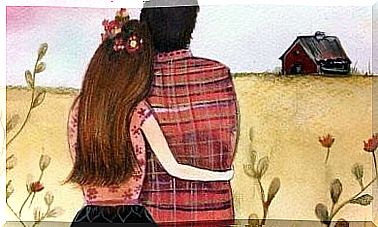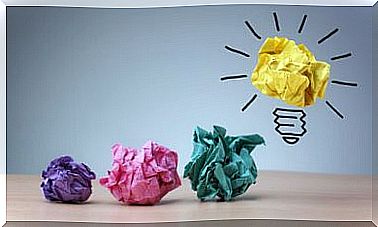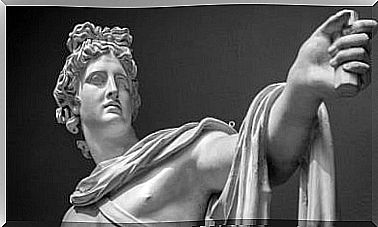Good People Don’t Change Because They Think With The Heart

Bad things happen to good people too. Because fate is arbitrary, the world is blind, and selfishness is sometimes very sharp. However, noble people never renounce their roots despite disappointments, because whoever thinks with the heart does not understand contempt or cold reasons.
We all know people with this profile. Furthermore, every time we see an act of nobility, selfless altruism or heroism, most of us feel inspired or even reconciled with our own world. Something very similar to this happened just a few days ago, in the unfortunate attack that occurred in the heart of London on March 22.
Tobias Ellwood, parliamentary undersecretary in the Foreign Office, did not hesitate to leave the Westminster Parliament despite the recommendations. I wanted to help. For several minutes he did his best to save the life of an injured policeman, covering the wound and practicing word of mouth until the arrival of a helicopter. It could not be . His gestures of helplessness and despair at not being able to save him went around the world.
We all empathize with his pain. The next day, the entire political spectrum praised his ability to react to the rest, and that determination that beyond fear, alarm or indecision, made him act with the determination of those who only yearn to help, of those who above all else. everything prioritizes the others.

What is better? Feeling good or doing good?
The question can be a bit strange: what can be better? Investing in your own well-being or prioritizing the well-being of others? It is very possible that many of our readers tell themselves that the answer is simple, since something as simple as doing good already reverts to their own balance and personal satisfaction. However, this conclusion is not so clear to experts. In fact, this very idea has puzzled human behaviorists for several years.
What the research tells us
Researchers at UCLA (University of California) conducted an interesting study where they concluded that there are two types of vital purposes in humans, and that each of them has biological implications.
This would be the data.
- In the first place would be the people who are characterized by aspiring towards a hedonic well-being. That is, a type of happiness that has its exclusive origin in self-gratification, in the vital search for one’s own well-being.
- On the other hand, what is known as ” eudaimonic well-being” was also defined . It is about another type of much deeper and higher purpose, where one tries to develop and grow as a person to give the best of himself to others.

Conclusions
The study found that people with a clear eudaimonic disposition (they have others at one of the highest places on their priority scales), had a stronger immune system. It was found that they developed less inflammation and that they had a higher number of antibodies, synonymous with a stronger immune system.
Likewise, at a psychological level it could be shown that they were profiles of strong convictions. It did not matter how many times life had hit them, the disappointments experienced or the losses suffered. They kept thinking with their hearts, they kept prioritizing others and trusting in the human being’s own nobility.
On the other hand, hedonic individuals showed a lower number of antibodies, a weaker immune system and a more erratic, fickle and variable character.
Believe it or not, being a good person does not demand that we be heroes, it does not demand that we get involved in taking risky actions for others, nor does it ask that we ingratiate all of humanity with the planet. Good people happen every day, they are discreet but luminous, silent but happy, humble but immense, like their own heart.
Let us sow goodness and respect in our daily actions, let us set our sights on the smallest things. So when the opportunity comes to make big changes, the inertia we have created will help us. It is in this horizon of daily work where eudaimonic well-being is above simple hedonism and where we can be that source of inspiration that infects the world.
Images courtesy of Jiwoon Pak









